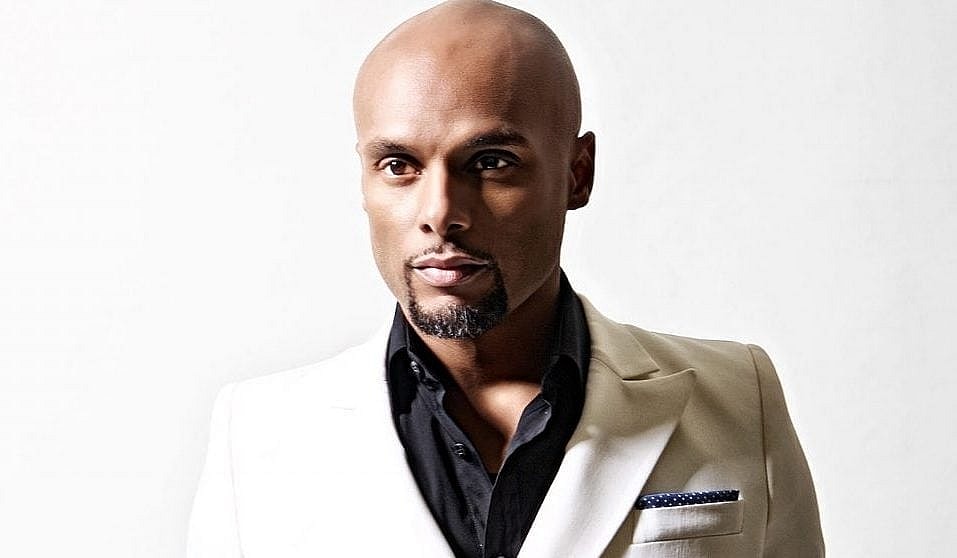After
Charlamagne went public last week with his story of sexual abuse at the age of five by his cousin’s girlfriend,
TheGrio reached out to
Kenny Lattimore who has shared his own assault story and advocated for victims to come forward to spark an important dialogue about a taboo topic in the African-American community.
As an African-American man in this society, we are always taught to be strong and fearless as men. I applaud Charlamagne for telling his story, particularly in this climate. The fact that Charlamagne’s abuse came from a woman would prompt some to say, ‘He became a man early.’ We give sex power as if the experience magically made him strong and solidified his masculinity when the reality is that he was simply an assaulted child. When any kind of sexual activity is happening to a child, there is no reference point that allows the experience to be healthy. It can be painful and confusing wondering if the act was your fault.
My own violation left me physically hampered for years. I was deathly shy, would barely speak and I would jump if you touched me. Eventually, in my teen years, God intervened and compelled me to greet others with a hug. Little did I know, this simple gesture would begin to break down some of the physical barriers I had built in my life. I carried a shame that left me feeling unworthy of being in relationship with others. What if they found out? What would they think of me?
I first spoke of my own experience, of being assaulted as a child in a magazine article in 2006. It was cathartic to finally admit something so personal. Despite fears of ridicule and bullying, I admitted that I was most effected as an adult when my son was approaching the age at which I was first assaulted. And as a father, I felt that I had to do something more radical than my parents to protect my son.
Initially I found it difficult to discuss my sexual assault because my attackers were teenage kids, not an adult. The first time, where other kids watched what was being done to me, I excused their behavior because the person violating me was technically still a child. I chalked it up as something I had to get over. I felt like I could not compare my situation to any of the other horrible stories I heard about sexual assault. I felt like those guys had been through a hell that I could not even imagine that sometimes included physical torture. So, I did not feel that I had the right to fully stand with them. I questioned, “was my situation so bad?” But there is no gauge that measures one person’s trauma against the next. Feelings of inadequacy, guilt, shame, blame, even suicide attack a young mind that has experienced this type of violation. Just because you weren’t tied up, beaten or your body was naturally stimulated in the act doesn’t make it ok. As Charlamagne said to those who tried to diminish his experience as a child with a woman, he was still raped as a kid.
After experiencing sexual assault as a child, you are never the same. The mind begins to question who you are based on the assault. I tried to compartmentalize my experience. I felt like if no one talks about it, I can pretend it never happened. But the pain does not disappear. I felt isolated as a teenager. I had issues with men because my own father wasn’t able to prevent this from happening to me. In discussions with my father as an adult, I learned that he too had a similar story. As we began a very difficult conversation, we broke down years of silence in order to protect the next generation of Lattimore men.
I am encouraged by the bravery of those like Charlamagne who choose to share their stories of sexual assault and how they overcame the scars. Part of the work it takes to heal is owning what happened as truth. It does not have to be discussed in a public form, but by all means tell someone. That is the first step toward wholeness.
I want other survivors to know this experience doesn’t have to ruin you. It doesn’t have to scar you for life. You can grow up and become whole, even though the process may be tough.
I thank God for music, which has redirected my self awareness and identity. Singing gave me a platform to express my emotions and to feel validated. The freedom to sing gave me a freedom to eventually speak. And I hope Charlamagne and other survivors out there find that same freedom as well. – Kenny Lattimore


